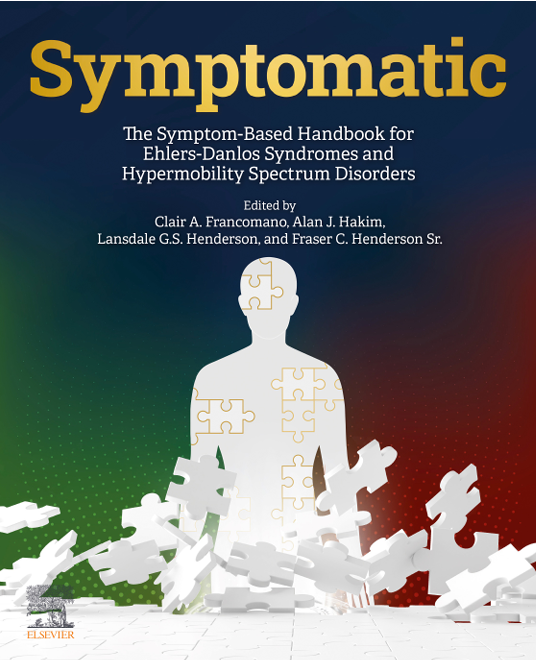Lived experiences of people with or at risk for aortic dissection: A qualitative assessment
- Lara Bloom

- Jun 11, 2024
- 1 min read
Aortic dissection (AD) is a life-changing event that is often accompanied by a loss of normal quality of life. Survivors of AD go on to have a chronic disease that requires lifestyle modification, medical management, and surgical repair of the aorta. Clinical care includes multiple disciplines, health care settings, and often different geographic locations. This qualitative assessment examined the experiences of people with and at risk for AD. The following four themes emerged: "unnecessary drama" at diagnosis, unmet needs for information and support, the burden of self-advocacy and care coordination, and living with unaddressed mental health impacts. Our findings inform recommendations to advance patient-centered care delivery for individuals with and at risk for AD, improving communication of timely and relevant information, and an approach to care that acknowledges the whole person in clinical decision making.
Click here for full article.



Comments